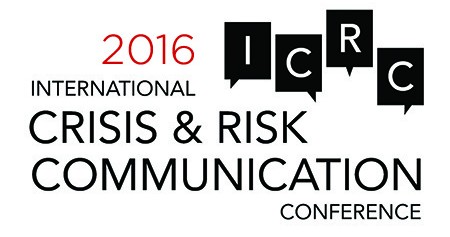
Associate Professor
University of Montana
United States of America
Dr. Joel Iverson is currently an associate professor at the University of Montana. Joel received his Ph.D. from Arizona State University in 2003 with a focus on organizational communication. His research interests focus on theory development of enacting organizations through communication (communicative constitution of organizations, CCO) through a structuration approach using the Four Flows Model of Communication. This approach to research is applied in several areas including organizational knowledge, nonprofit organizations, and crisis communication. Specifically, he examines organizational knowledge through communities of practice theory and identity in a variety of contexts including university commercialization, volunteer management, and nonprofit organizations. His research is published in various communication and nonprofit journals including: Management Communication Quarterly, Journal of Applied Communication Research, Nonprofit Management and Leadership, Nonprofit and Voluntary Sector Quarterly and the Handbook of Organizational Communication. His current research examines the enactment of mission for nonprofits, especially in the Bakken oil region of eastern Montana and western North Dakota.
Constituting Ebola and Organizations: Exploring the Hermeneutics of Risk and Crisis Communication from a Constitutive Approach
Co-Authors and Presenters: Tomeka M. Robinson, Ph.D., Associate Professor & Director of Forensics, Department of Rhetoric, Hofstra University & Steven Venette Ph.D., Associate Professor, University of Southern Mississippi
When risk and crisis scholars examine organizational crises, they tend to focus on the communication within or from an organization. This approach treats the organization as a given entity or container. However, many risk and crisis issues are larger than any one organization but rather intricately involve multiple organizations. Recently, organizational communication scholars have been exploring theoretical concepts that extend beyond the container metaphor to a constitutive approach, known as the communicative constitution of organizations (Putnam & Nicotera, 2009). Together, the transorganizational nature of crises and the expanded view of organizations problematize some traditional notions of risk and crisis communication while offering opportunities for a deeper understanding of the risk and crisis relationship to organizations. We explore one approach to communicative constitution of organizations for risk and crisis communication drawing upon structuration theory (Giddens, 1984) through the example of the recent Ebola risks in the United States. This case serves to explicate the ways in which many risks and crises extend beyond single organizations and impact organizations beyond traditionally considered borders of the container. We contend that risk and crisis communication is not only a response to risks by organizations, but is central to the enactment of the organizations as well. Moreover, risk and crisis communication have a hermeneutic property whereby they are both the medium for the organization and help to produce the organization itself. We conclude with practical implications for organizations as they position themselves within and through risk and crisis communication.


